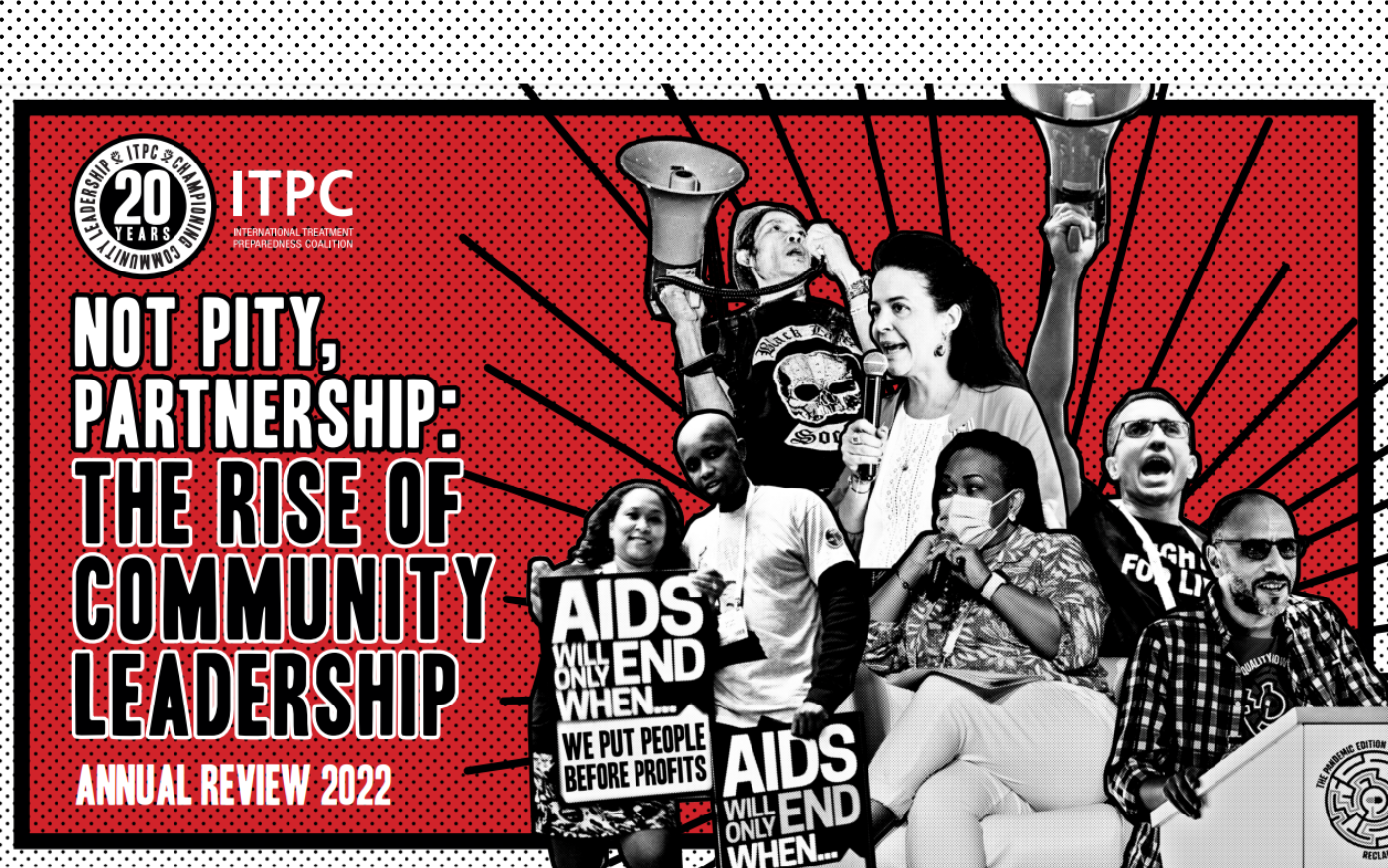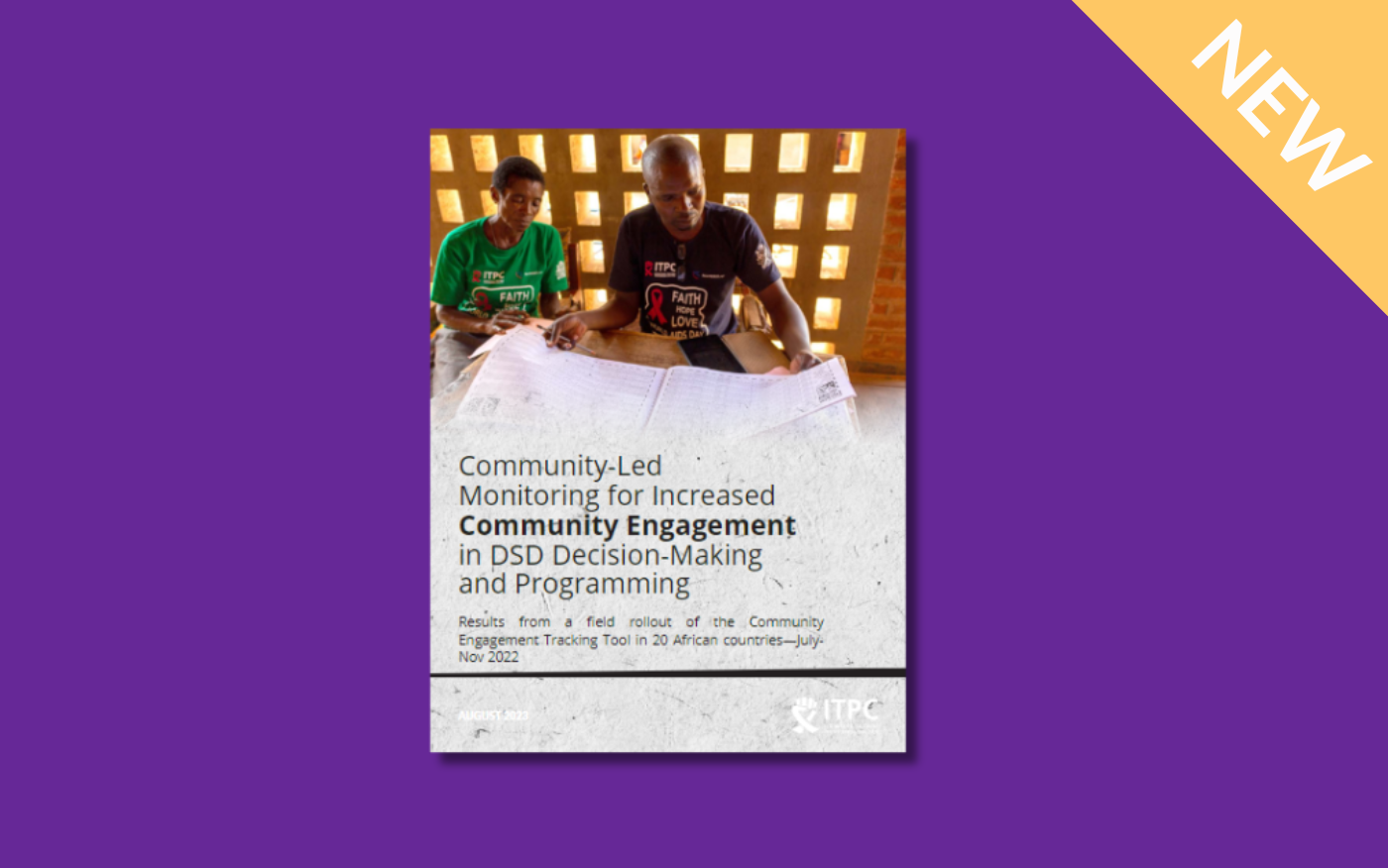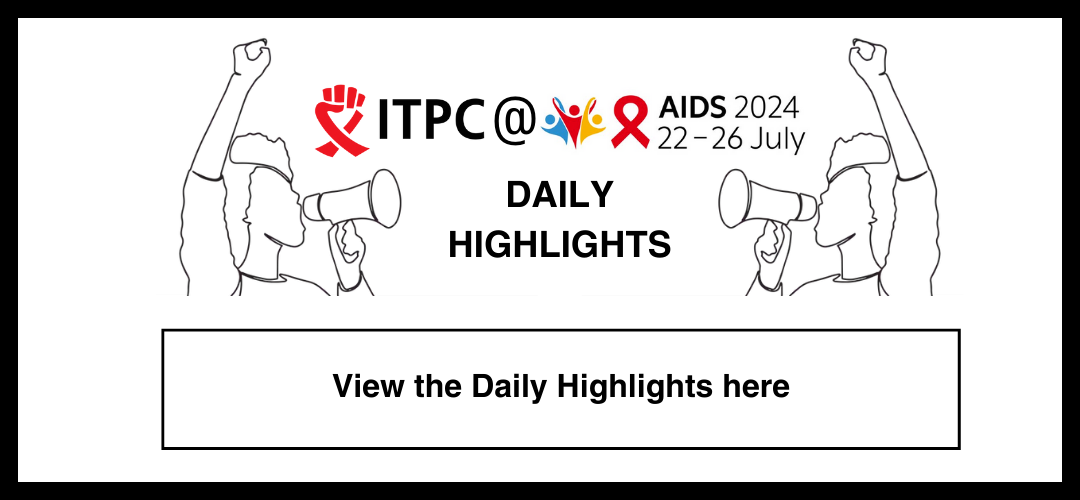Achieving the Sustainable Development Goals targets relies on an acute awareness of their interconnectedness as no one target can be achieved in isolation. For example, according to the World Bank, ensuring universal access to affordable, quality health services is vital to ending extreme poverty by 2030 and boosting shared prosperity in low- and middle-income countries, where most of the world’s poor reside.
This inextricable link poses a challenge for global health advocates, who aspire to realize what might be the most ambitious health declaration to date, universal health coverage (UHC), defined by the World Health Organization (WHO) as all people having access to the full range of quality health services they need, when and where they need them, without financial hardship.
After almost 40 years focused on achieving disease-specific targets (such as those on HIV and TB), health activists are now grappling with how to solve interconnected problems. The key to unlocking this challenge is to fully engage the experts that have been left behind: communities.
The current global economic downturn sets the unfortunate and debilitating context in which we need to achieve UHC. This tight global financial condition, that cuts across both developed and developing countries, means that in countries, communities, households and at the individual level, we are pressed to do more with less, prioritizing like never before and making difficult trade-offs. Inevitably, this context brings decision-making and decision-makers into sharp focus. Who gets to decide what gets funded and at what level?
These questions are especially important when it comes to health. All too often people who are directly affected by policy decisions have little or no input on setting priorities, they have weak channels to influence change and they end up the furthest from the benefits that are intended for them.
When it comes to elevating community expertize, Global Public Investment offers a concrete plan for a transformative way forward, diversifying decision-making and establishing mutual responsibility for how international public finance for sustainable development is mobilized and allocated.
Simply put, GPI is about how public money is used to invest in goods and services that are of global benefit. To make GPI work for civil society and not just countries or groups of countries, we must comprehensively apply and widen our understanding of the core principles of ‘all decide, all contribute and all benefit’. Decision-making needs to include affected communities, contributions need to go beyond mere monetary assets and benefits should reach all people.
To attempt to build UHC without a people-centered approach means that priority setting and resource allocations will continue to happen in non-transparent ways in the halls of Geneva and New York among ‘founding donors’ and select groups of countries. GPI resists this status quo and demands a different way of working. It calls for community input (contribute), meaningful engagement (decide) and equal access (benefit) to public goods for all individuals, including essential health services.
When it comes to elevating community expertise, GPI offers a concrete plan for a transformative way forward.
Community-informed initiatives such as the Action Agenda of the UHC Movement gives voice to community priorities and pushes for concrete actions to strengthen resilient and equitable health systems, thereby advancing UHC and health security. The Action Agenda was informed by a public consultation which gathered 830 responses from over 100 countries, including 38 low- and middle-income countries.
By deliberately designing a community leadership and accountability approach to UHC, governments, civil society and other stakeholders can leverage GPI across the framework of decision-making, resourcing and equity so that primary care is strengthened and robust health systems are built using equitable funding allocations for improved health of communities worldwide.
Community-led monitoring (CLM) is one of many community-led interventions that supports strong, responsive and resilient health systems. CLM enables communities and service users to routinely collect data – localized, actionable evidence – that can help managers and providers identify gaps and trends, and use that information to improve services, programs and policies. There are numerous examples of CLM successes across diseases including HIV (here and here), malaria, tuberculosis, hepatitis C and non-communicable diseases as implemented by recipients of care across the world. When the voices and perspectives of those directly affected are not only heard but sought as experts that provide unique and valuable contributions, we guarantee more contextually appropriate and effective interventions and much-needed fiscal efficiencies.
Despite its rising popularity in health, community-led monitoring goes beyond data collection. CLM shifts power. It shines a light directly on how governments and those with power relate to and share that very power with those on the frontlines of the consequences of policies. As GPI is implemented, claims of ‘all contribute’ cannot just be about countries contributing money, but must also include affected communities contributing their resources, their lived experiences, their unique insights, ideas and community data to co-create solutions for the issues we collectively face
What is the way forward? Global leaders persistently call for reimagining global health and harnessing the ‘lessons learned’ from HIV to forge a future that achieves universal health care. However, accomplishing this vision necessitates a resolute call for action that drives the equalization and transformation of relationships, ultimately enabling real and meaningful change. Without GPI, we are merely tweaking a rotten foundation that keeps power concentrated with governments and rich countries. The ‘all decide’ principle of GPI offers this much-needed trans- formative approach to address the governance challenges faced in global health funding. By embedding and operationalizing GPI in funds like the Financing Intermediary Fund for Pandemic Prevention, Preparedness and Response and activating initiatives such as CLM, we move closer to achieving UHC and demonstrate how GPI can catalyze change from the ground up.
As we approach the World Health Summit, the Global Fund Board Meeting, the 2023 United Nations Climate Change Conference (COP28) and other critical global events, we should advocate for the adoption of GPI to help address our major health funding challenges.
Read more on community-led monitoring on the ‘International Treatment Preparedness Coalition’ website.
View the Time for Global Public Investment report here.
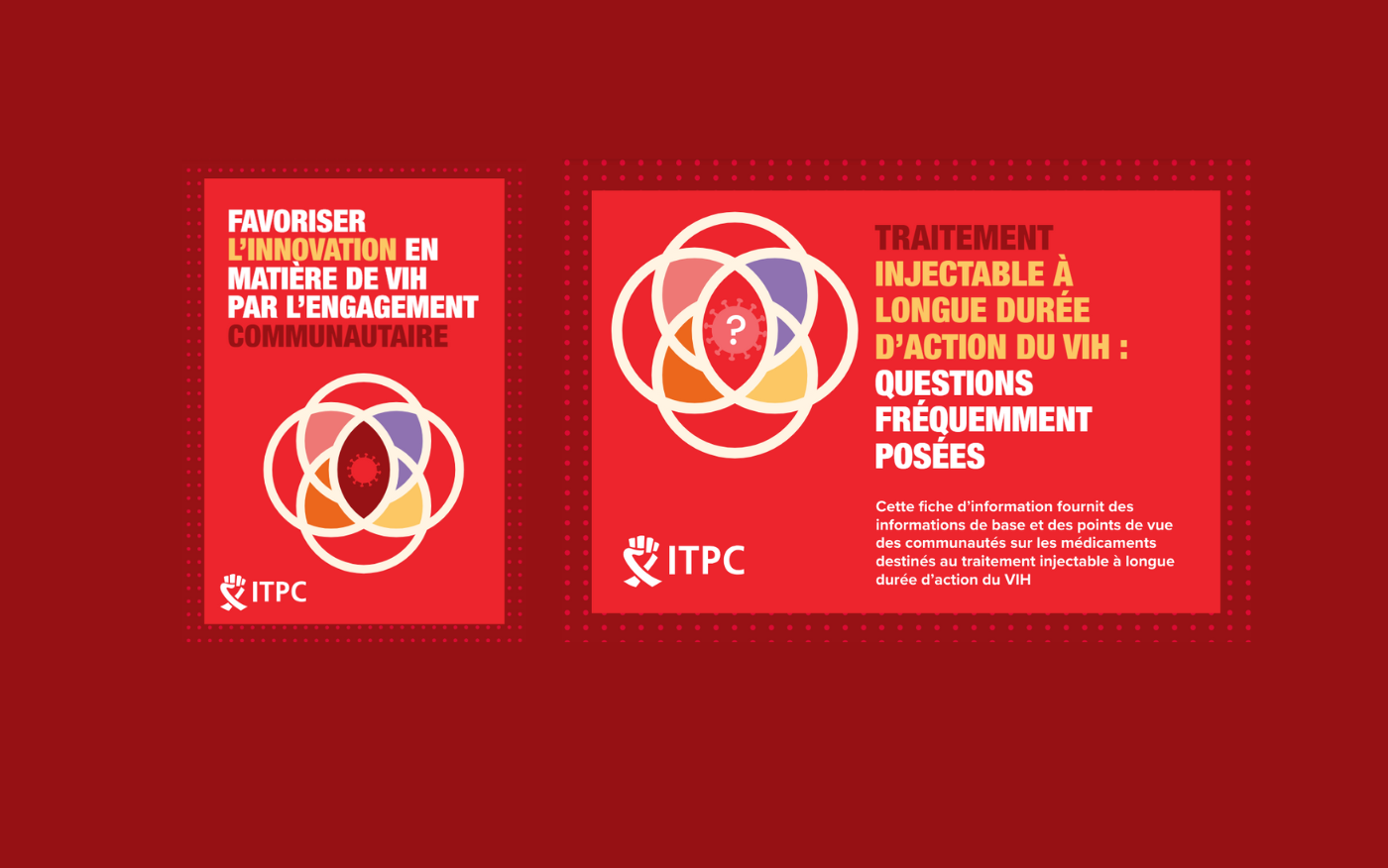
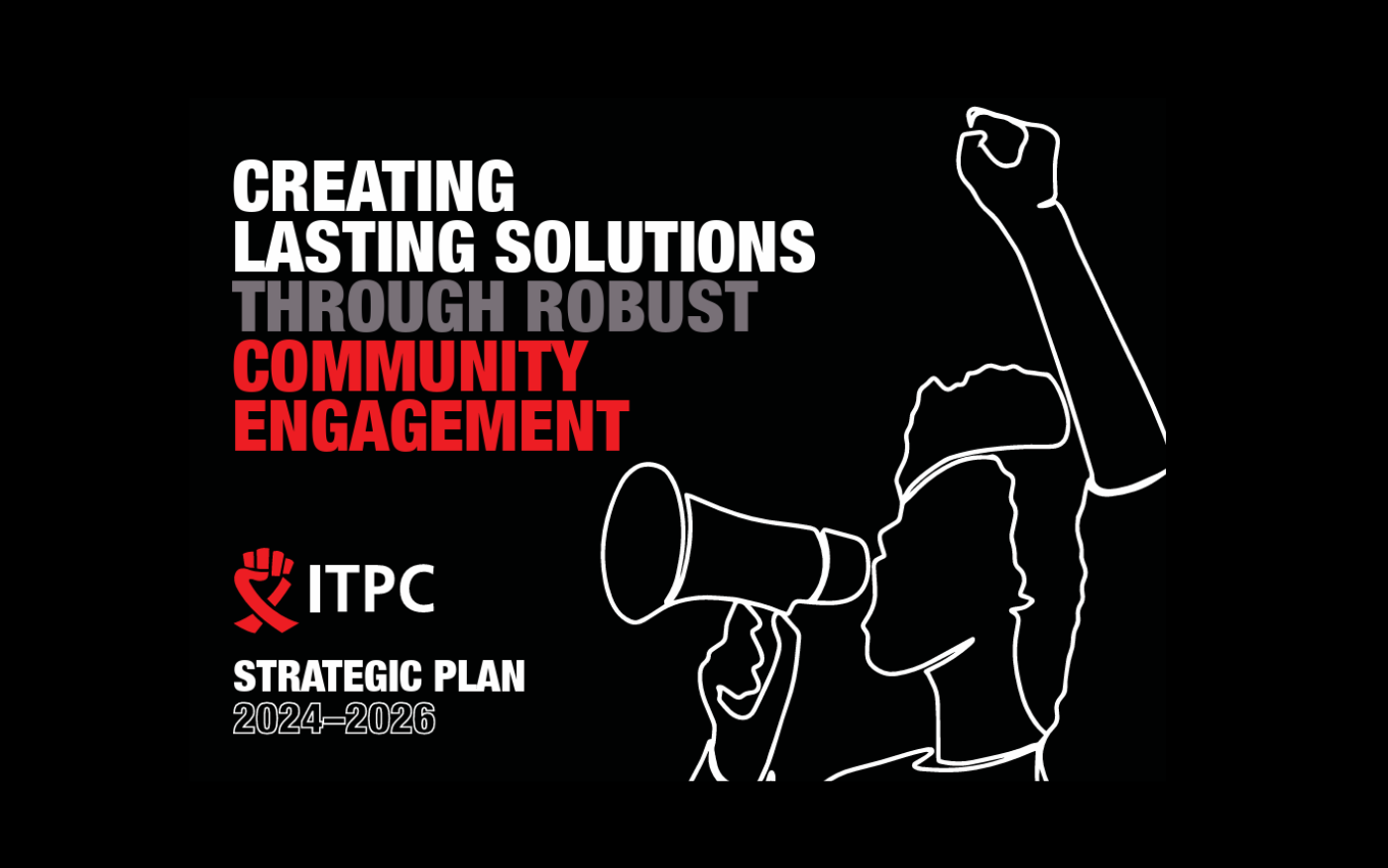
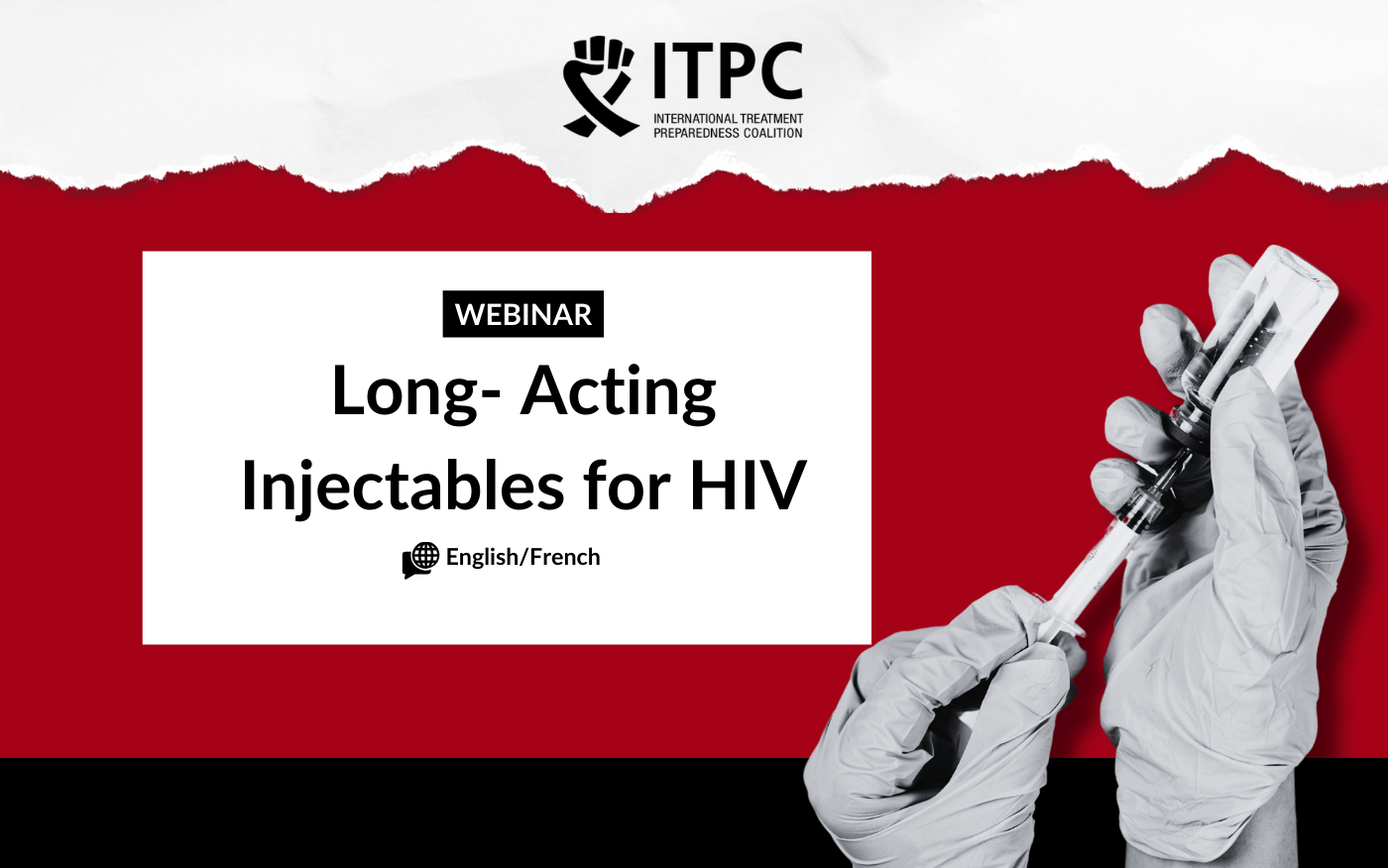
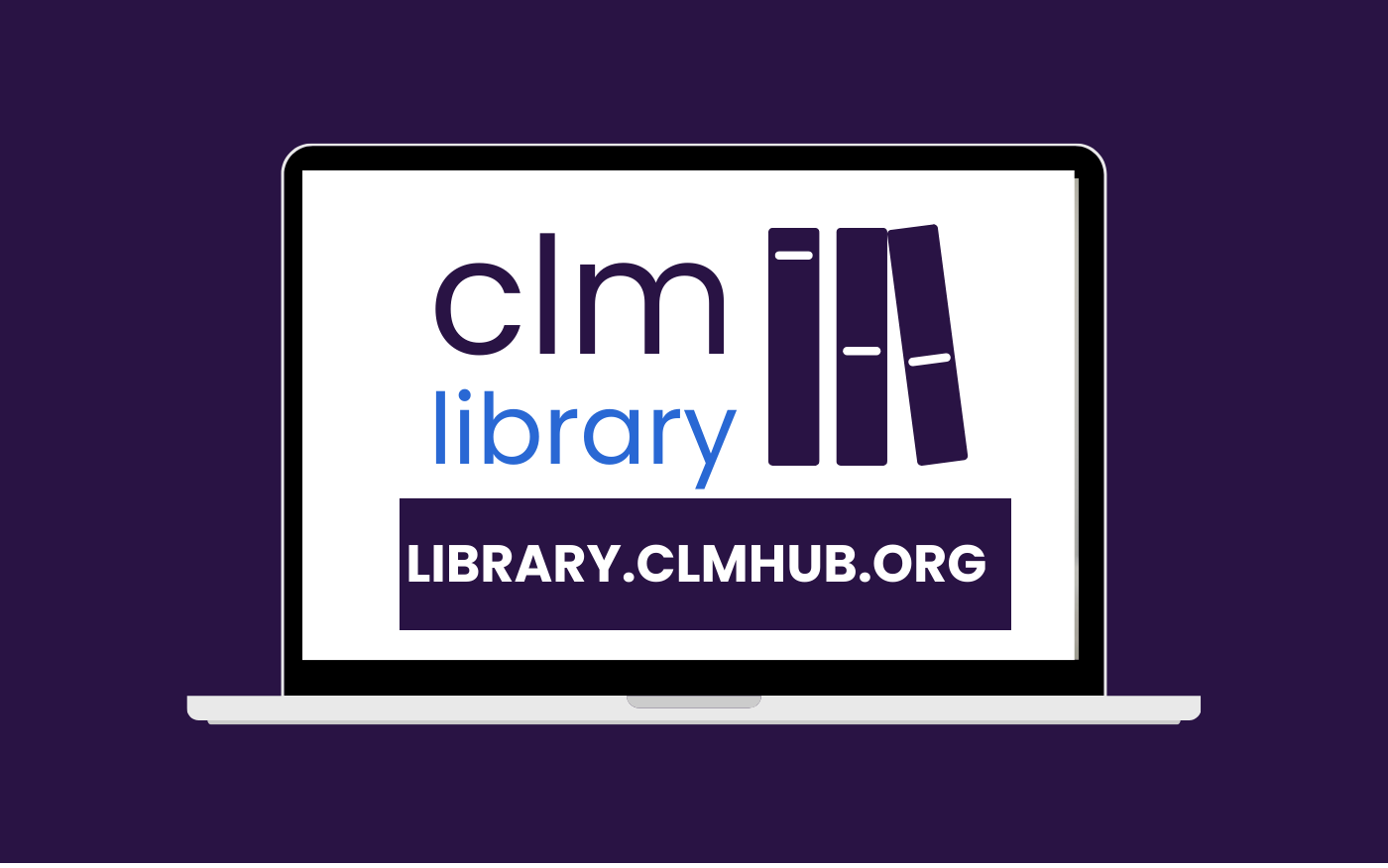
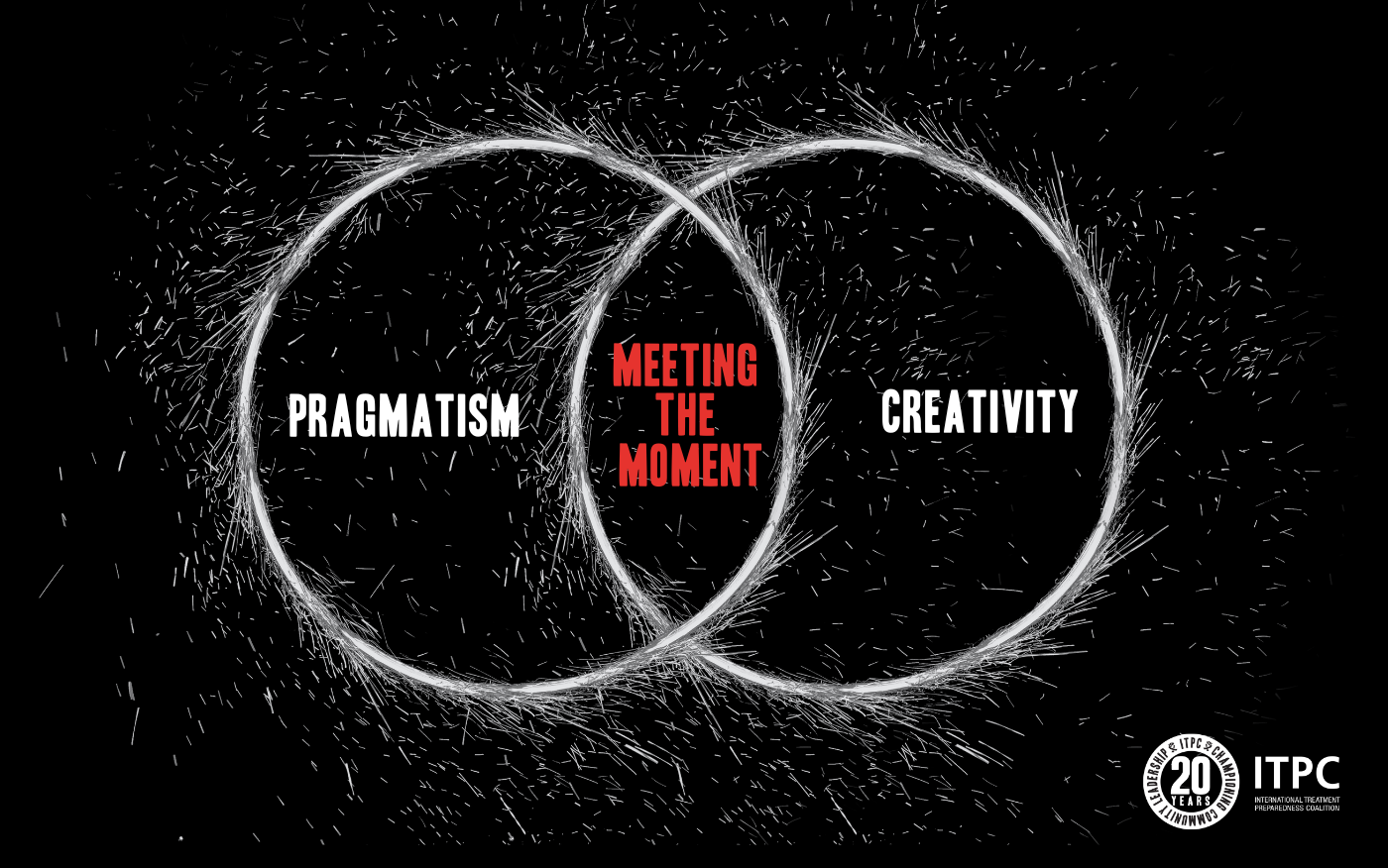
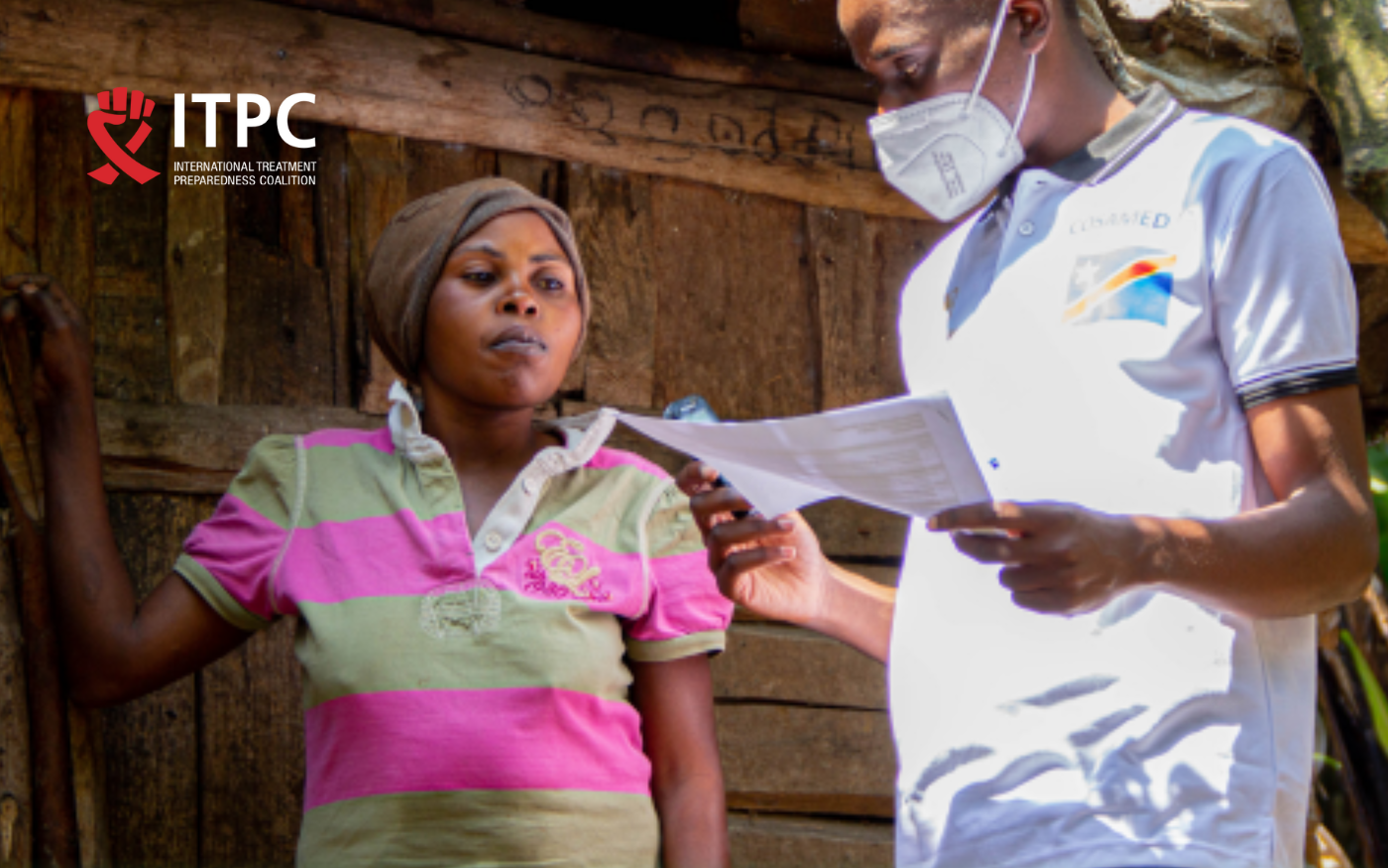
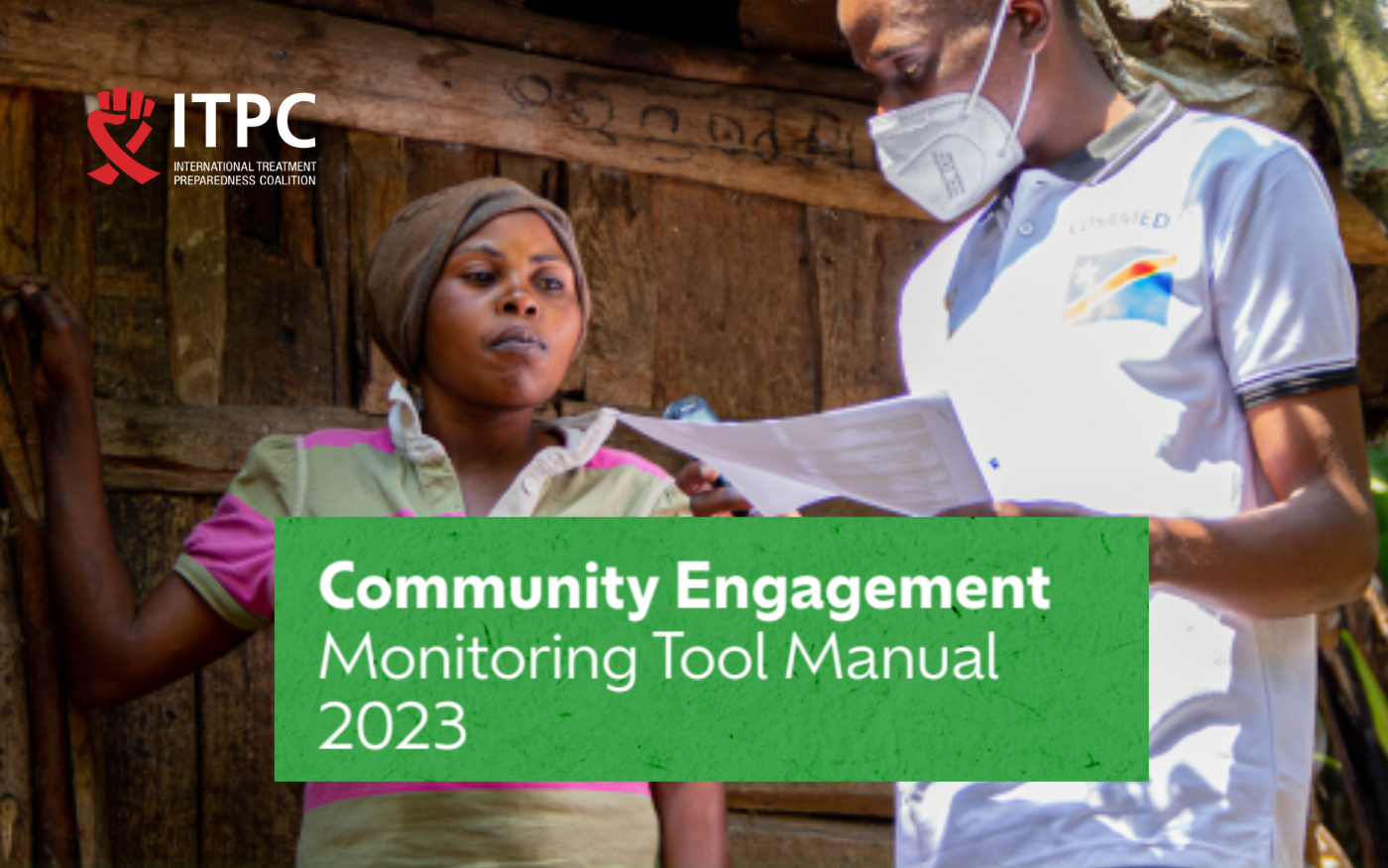
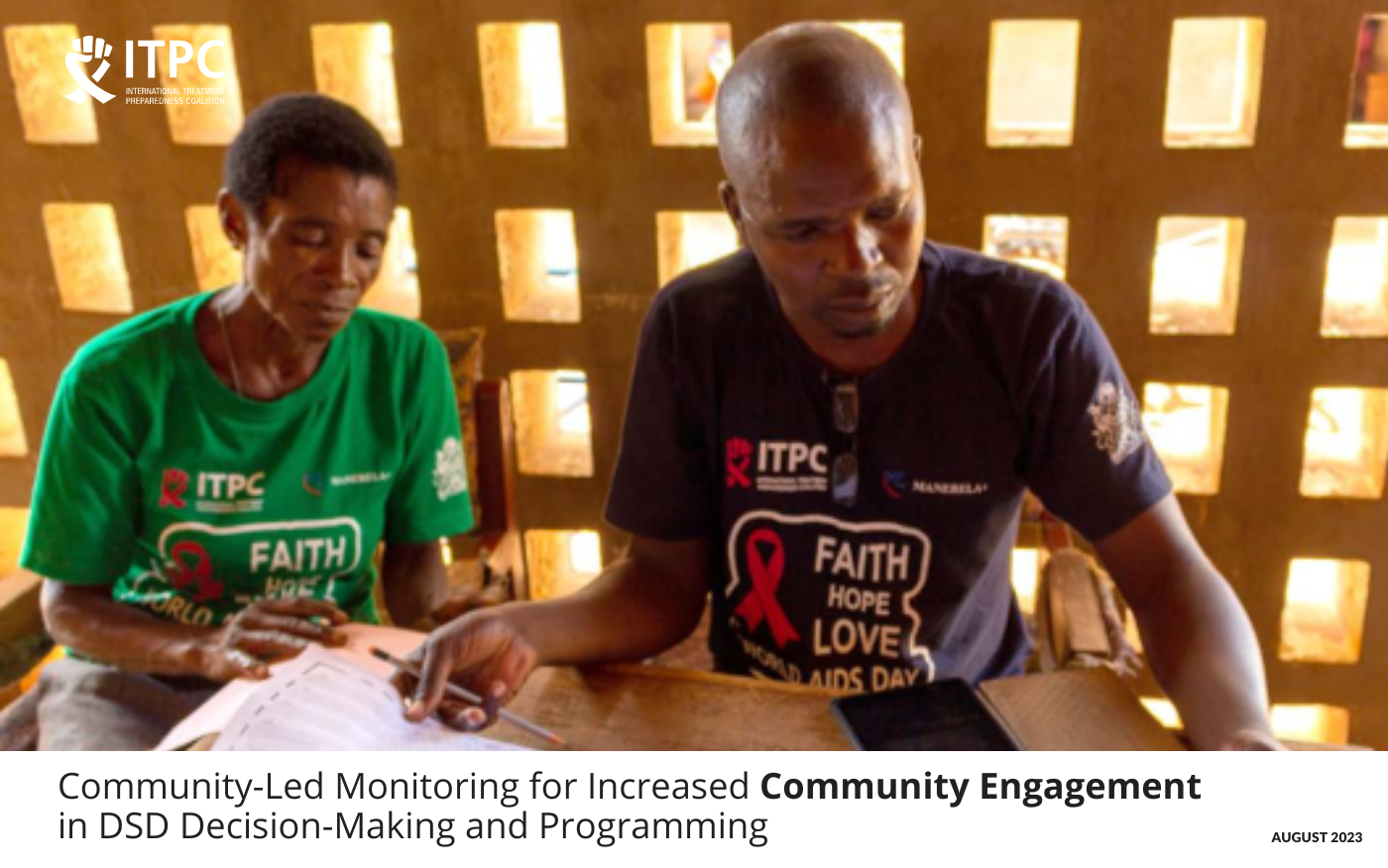
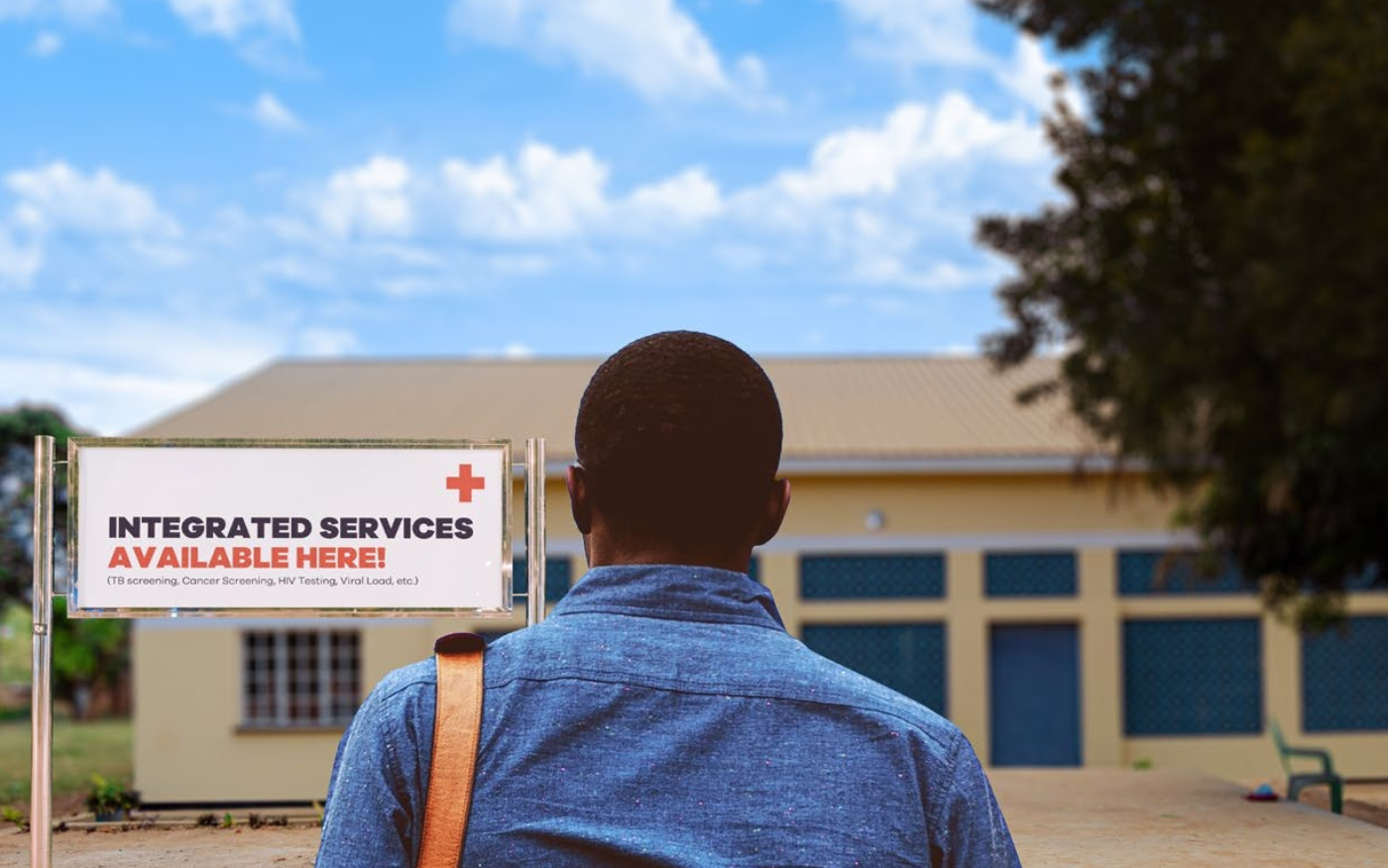
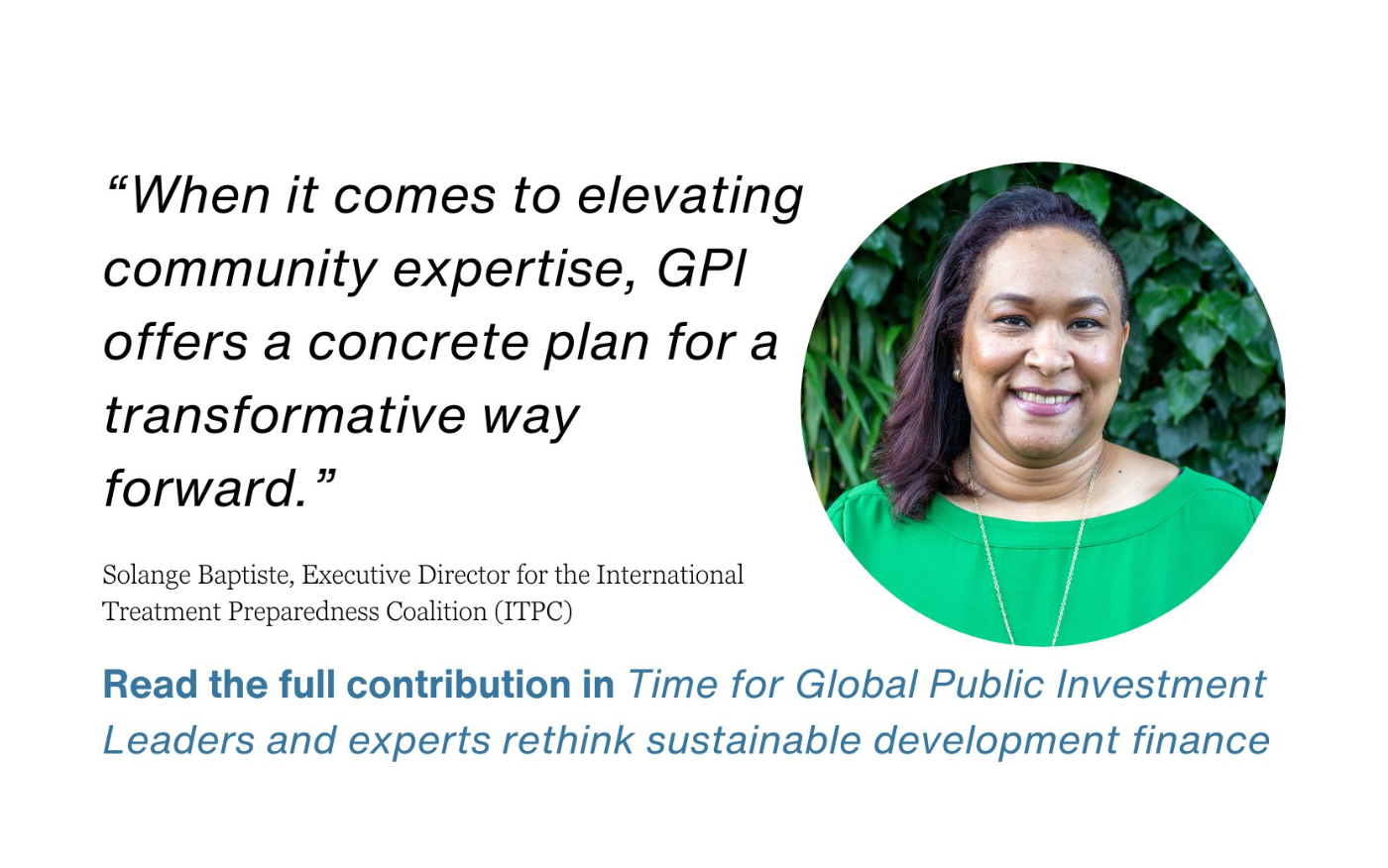
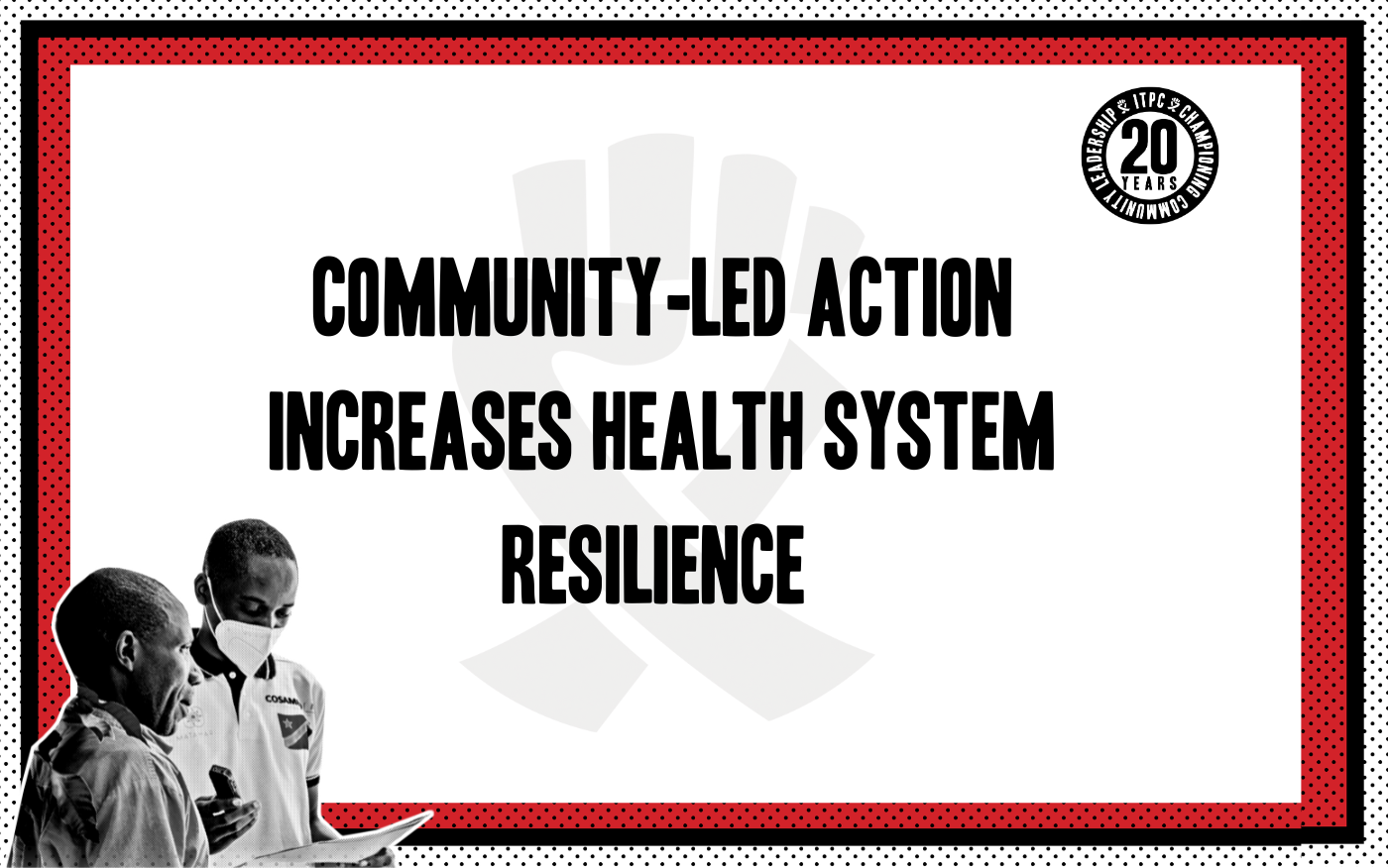
![[Podcast] Measuring what matters with community-led monitoring](https://itpcglobal.org/wp-content/uploads/2023/09/Measuring-What-Matters-With-Community-Led-Monitoring.png)
